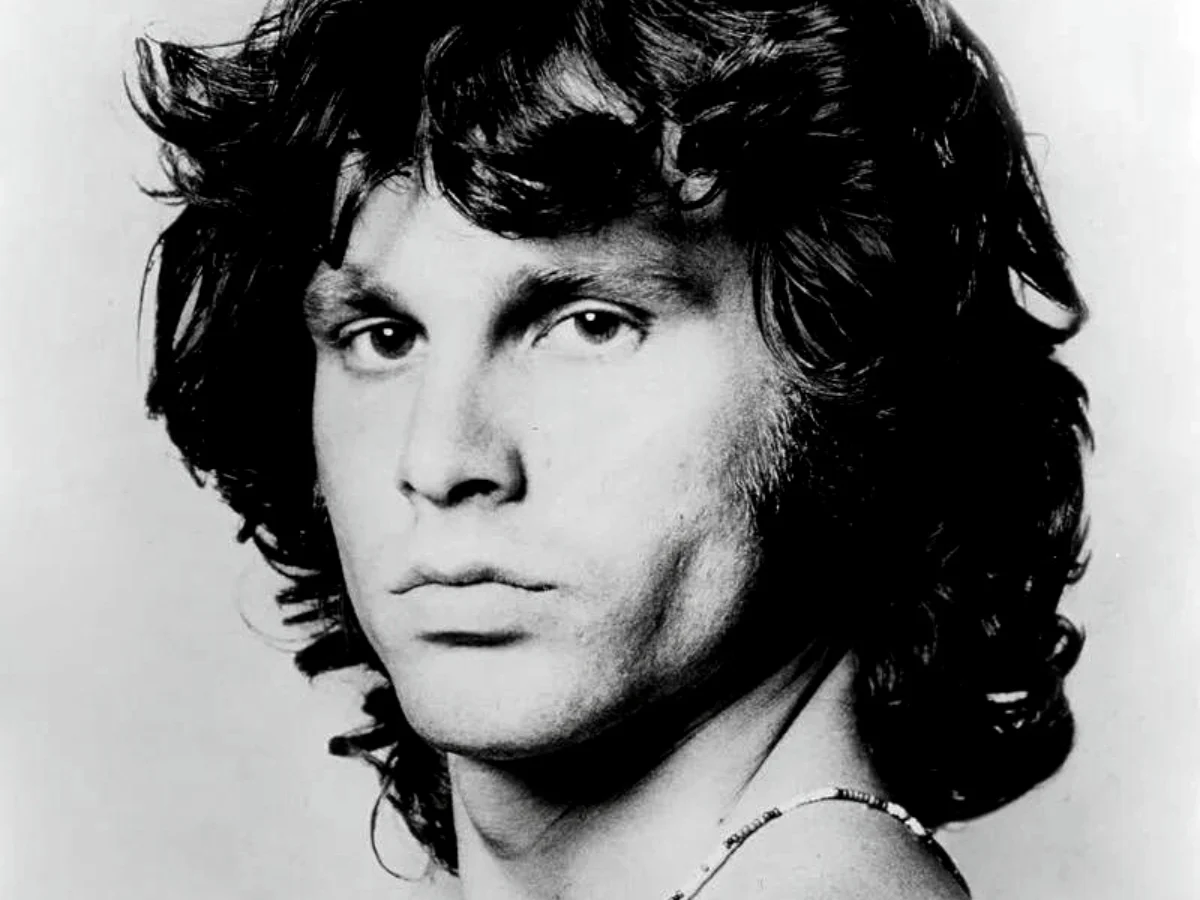Artistic inspiration frequently arises from the most unexpected sources. In the instance of counterculture heroes The Doors, lyricist Jim Morrison appeared to navigate life, absorbing inspiration like a long-haired sponge, evident in the diverse sounds and musical influences he examined during his tenure with the band. Although Morrison epitomized the hippie era through his music and performances, some of his inspiration sprang from his childhood experiences.
Morrison, born in 1943 to a military family, experienced a very unconventional childhood. Due to his father’s status as a senior admiral in the US Navy, the Morrison family had a restless lifestyle, compelling a young Jim Morrison to consistently acclimate to new environments and situations. Furthermore, the singer’s parents had a very eccentric approach to discipline.
The parents pledged to refrain from physically disciplining their children, a prevalent practice of the era, opting instead for a military-style reprimand that involved vocally berating their children to the point of tears in an attempt to deter misconduct. Consequently, Morrison largely severed connections with his family after graduating from UCLA in 1965, coinciding with the formation of The Doors.
Despite mainly distancing himself from the family, Morrison continued to rely upon his formative circumstances throughout his musical career. A notable instance of this is the song ‘Indian Summer’, one of the band’s initial recordings. The song, although included in their early test tapes, was not widely released until the 1970 album Morrison Hotel, possibly due to its somber themes.
‘Indian Summer’ drew upon the grim inspiration of a vehicle accident that Morrison encountered throughout his childhood. At the age of four, during a family road trip to New Mexico, the vehicle in which Morrison was traveling was involved in an accident. In the aforementioned incident, a family of Indigenous Americans sustained injuries or, as alleged by Morrison, were fatalities. For four-year-old Morrison, seeing that traumatic occurrence was undoubtedly scarring, and he never appeared to forget the family’s deaths.
“The spirits of the deceased Indigenous individuals were merely wandering in a state of agitation,” he remarked, reflecting on the incident and the development of ‘Indian Summer’. “And abruptly penetrated my soul.” They remain inside. It is important to note that Morrison was frequently under the influence of mind-altering narcotics throughout his tenure with The Doors, which may somewhat elucidate the inspiration behind his composition ‘Indian Summer’ related to the dormant spirit of deceased First Nations.
Nonetheless, the song exemplifies Morrison’s incorporation of his turbulent past into The Doors’ music. The band was part of a new wave of counterculture acts that embodied the political and social change of the late 1960s. They seldom engaged in introspective examination of early trauma; their focus remained on the immediate present.
Possibly due to the alteration in Morrison’s songwriting shown by ‘Indian Summer,’ the song took over five years to achieve an official release, and when it finally did, it was relegated to the penultimate track on Morrison Hotel. The Doors never performed the song live, as it appeared to lack the same significance as many of their other works. Nonetheless, ‘Indian Summer’ is undoubtedly deserving of a reevaluation.
